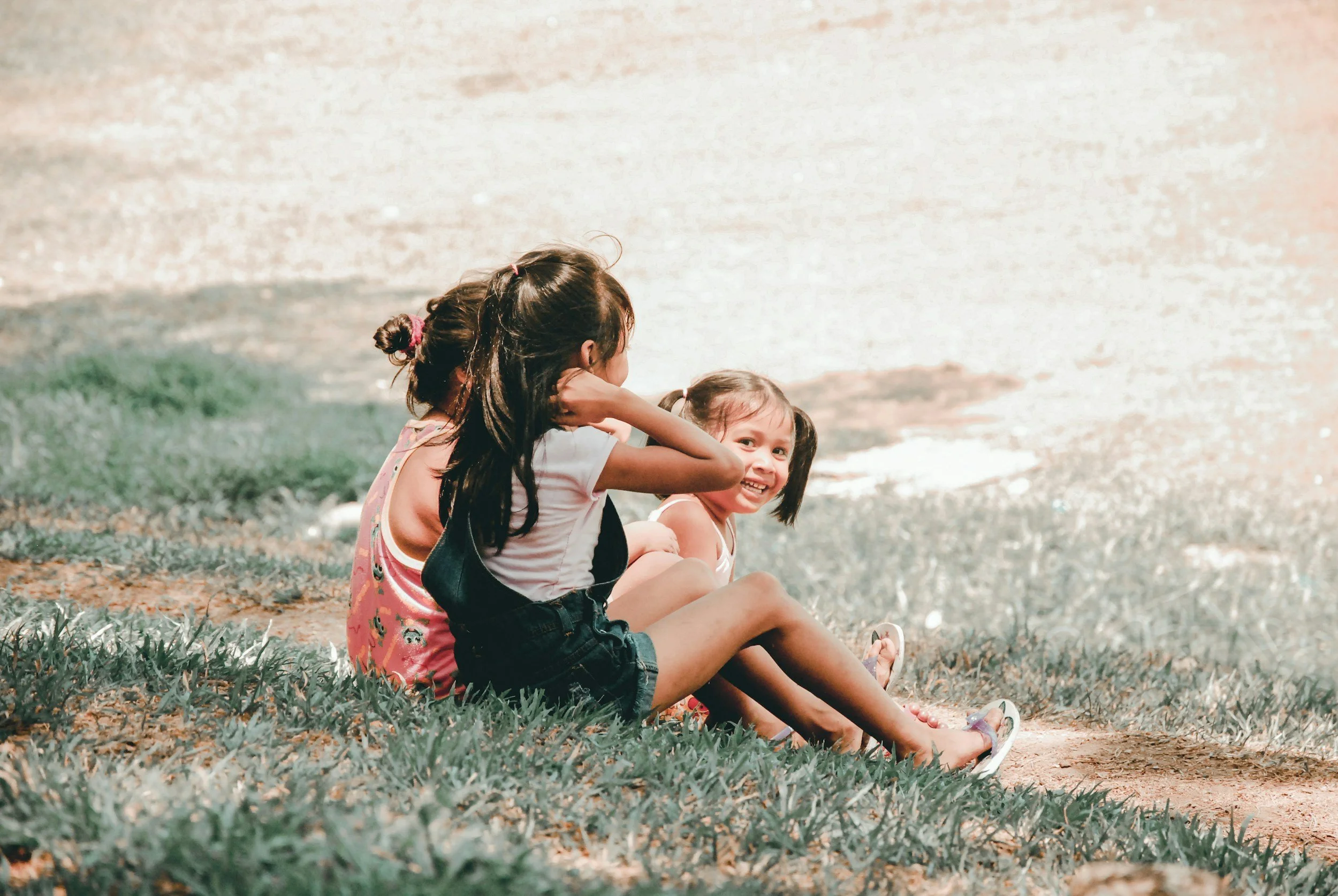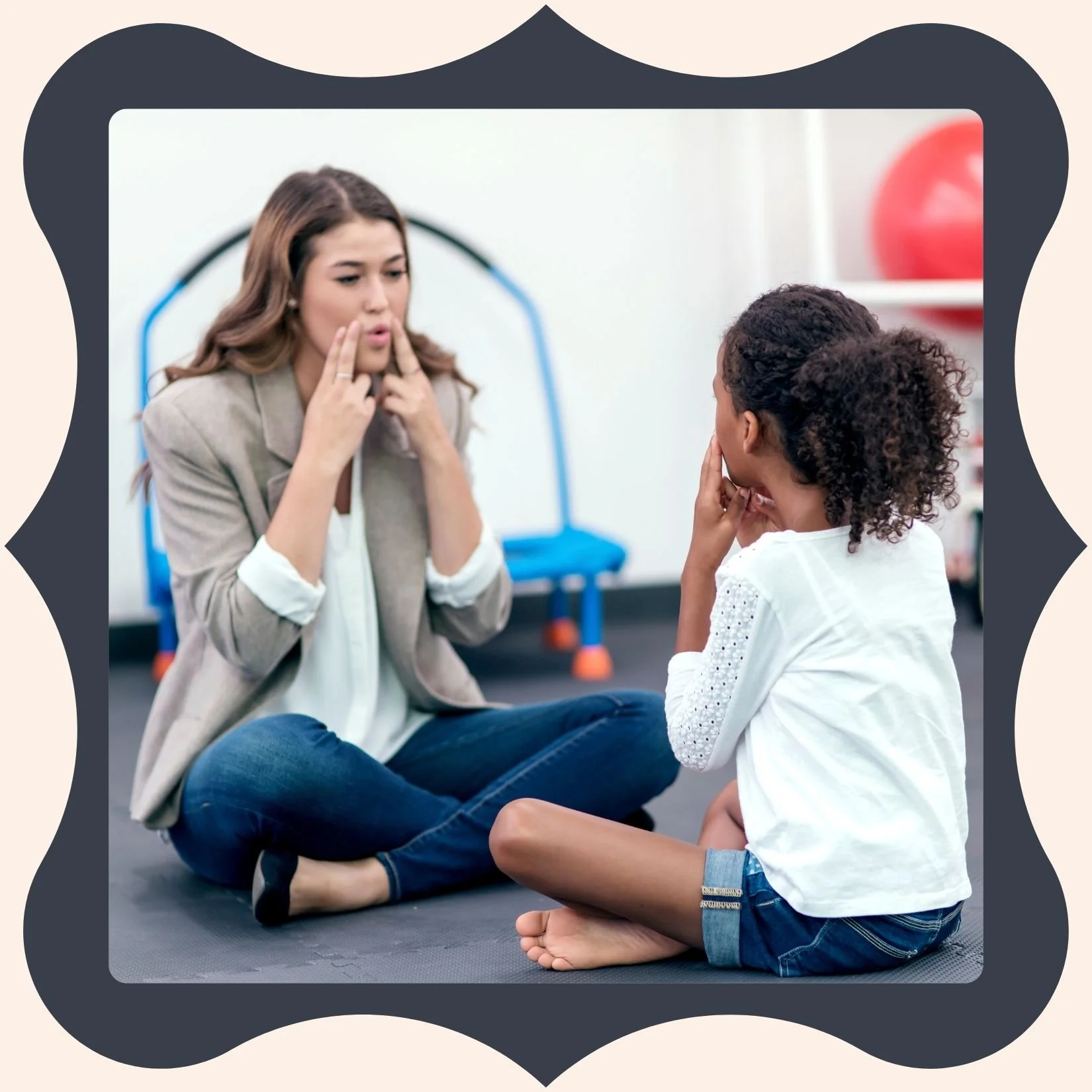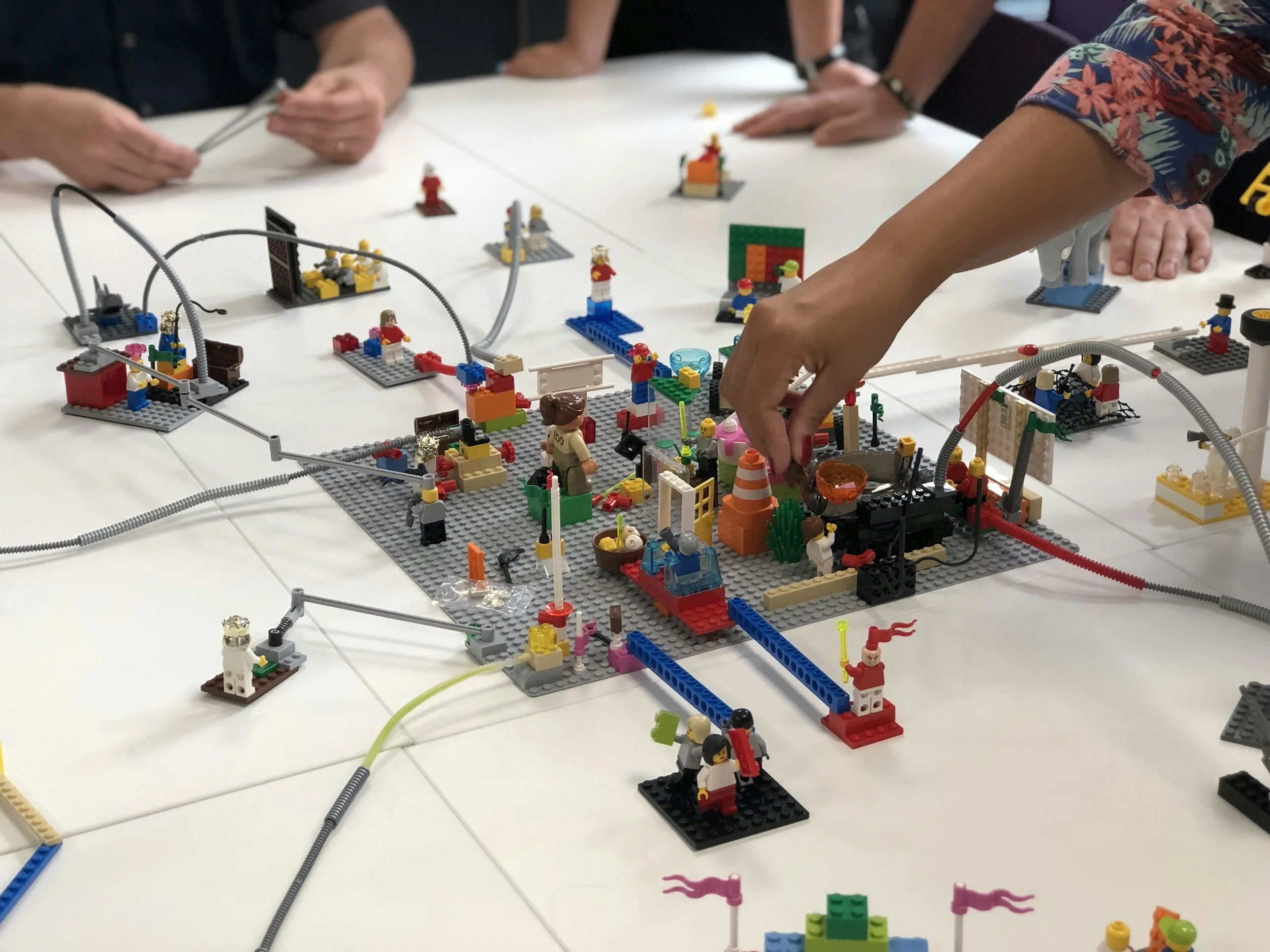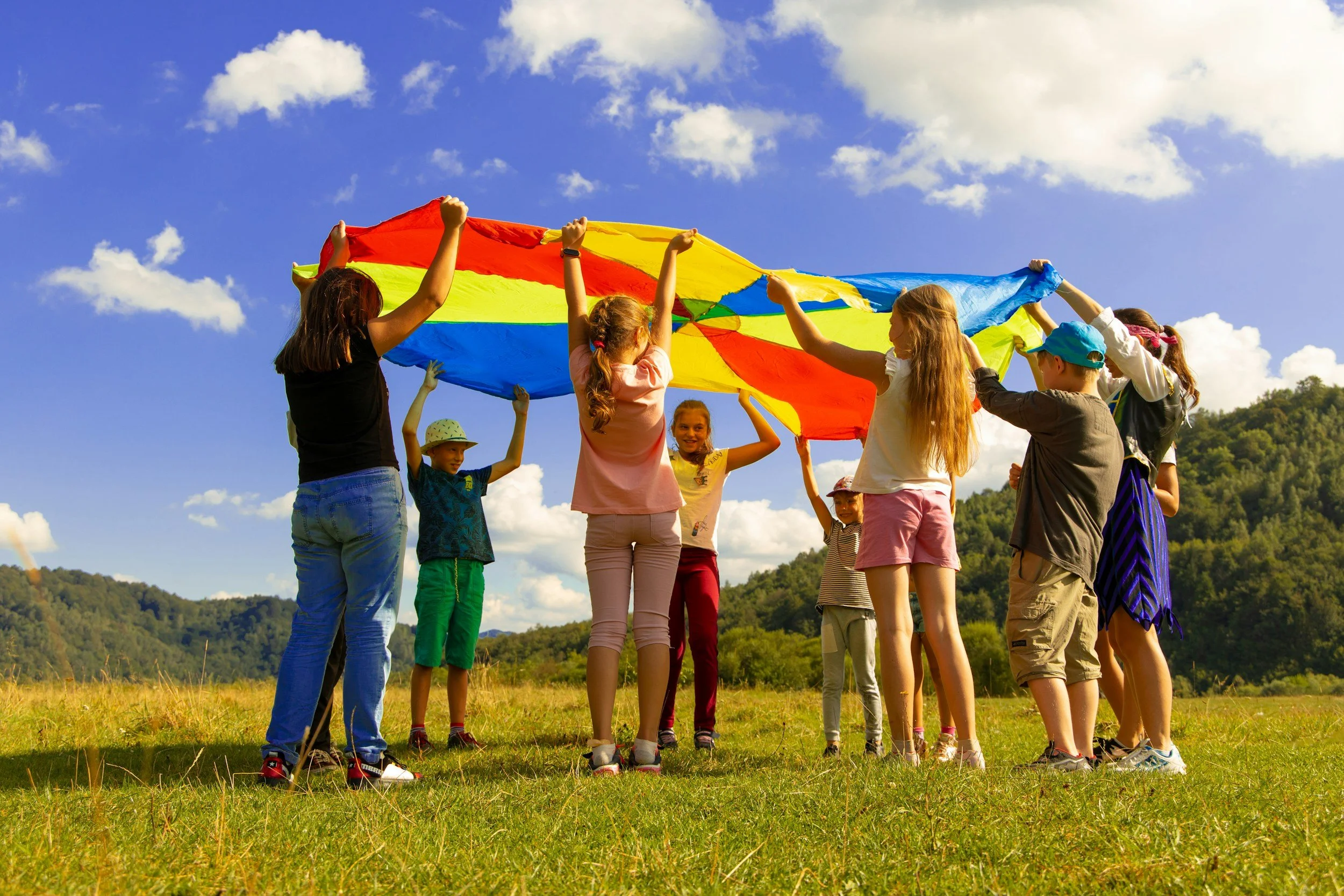Welcome to Speak, Learn, and Play
Supporting Communication, Connection, and Emotional Growth
Speak, Learn, & Play is a multidisciplinary pediatric therapy practice in Brooklyn, NY, supporting children, adolescents, and families through speech & language therapy, psychotherapy, and clinician-led social groups.
Who We Support
We support children and adolescents who may be navigating communication challenges, social differences, emotional regulation, learning differences, or life transitions. Our team works collaboratively with families to create thoughtful, individualized support that helps kids grow with confidence.
Our Services
Speech & Language Therapy
Individualized, play-based support for children and adolescents with speech, language, literacy, and communication challenges. Therapy is strengths-based and tailored to each child’s developmental profile.
Parent Coaching
Collaborative support for parents and caregivers seeking guidance, tools, and strategies to better understand and support their child’s communication, behavior, and emotional needs.
Child & Adolescent Psychotherapy
Individual therapy supporting emotional regulation, coping skills, relationships, and mental health. Our clinicians use developmentally appropriate, relationship-based approaches to help children and teens feel safe, understood, and supported.
Social Groups
Clinician-led groups designed to support communication, collaboration, flexibility, and peer connection through shared interests.
Includes: LEGO® Groups • Board Game Groups
Executive Functioning
Individual and group support for children and adolescents with executive functioning challenges, including organization, planning, emotional regulation, and independence. Therapy is strengths-based and tailored to real-life demands at home and school.
Social Groups Spotlight
Our social groups offer a low-pressure, engaging way for children to practice social skills while doing what they love. Groups are thoughtfully facilitated by clinicians and designed to support communication, flexibility, and peer connection.
Programs
Programs run on specific dates and are designed to support children, teens, and parents around targeted skills and shared experiences.
Upcoming Events & Webinars
We regularly host workshops and webinars for parents and caregivers on topics related to communication, development, and emotional well-being.
About Us
Speak, Learn, & Play is a multidisciplinary pediatric therapy practice founded in 2013 by Jennifer Volpe, CCC-SLP, and Amy Weber, LCSW. Our practice was created to support children and families through thoughtful, collaborative care that addresses communication, learning, and social-emotional development.
We believe in treating the whole child. Our team works closely with families to provide developmentally informed, relationship-based support that helps children grow with confidence, resilience, and connection.
Get in Touch
Have questions or wondering if our services are the right fit for your child? We’d love to connect.









